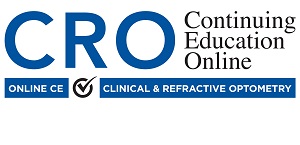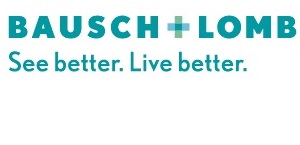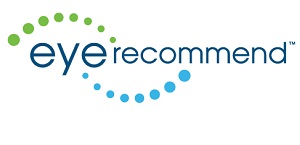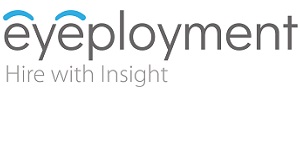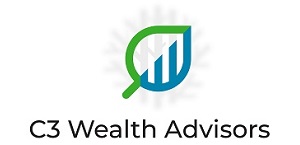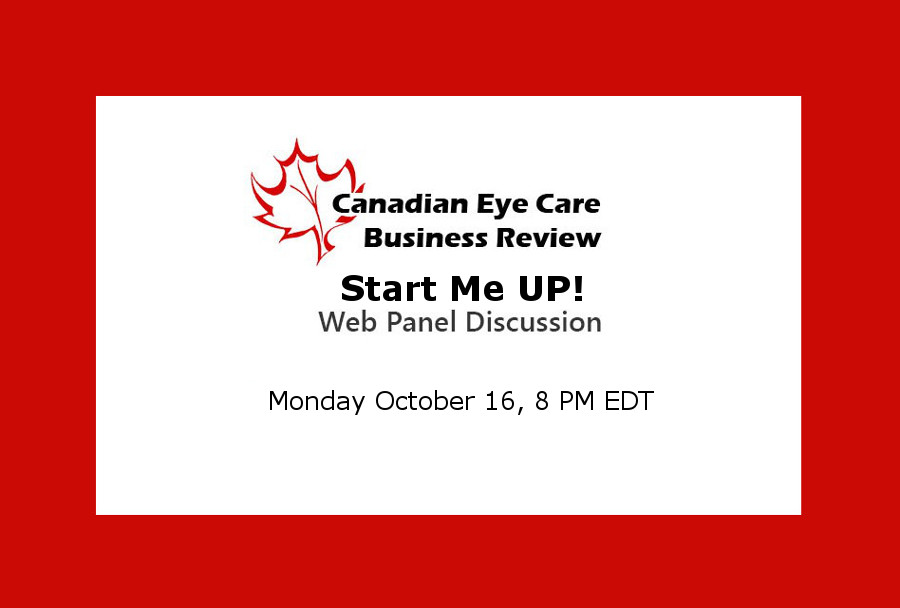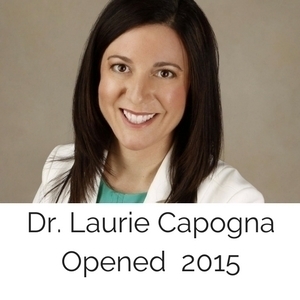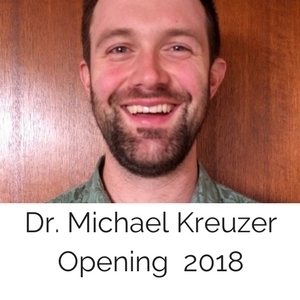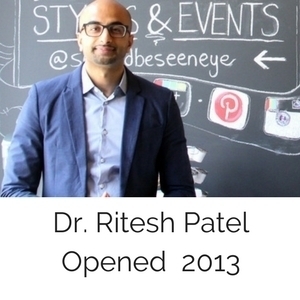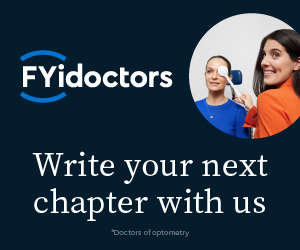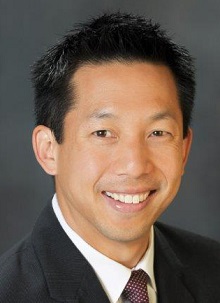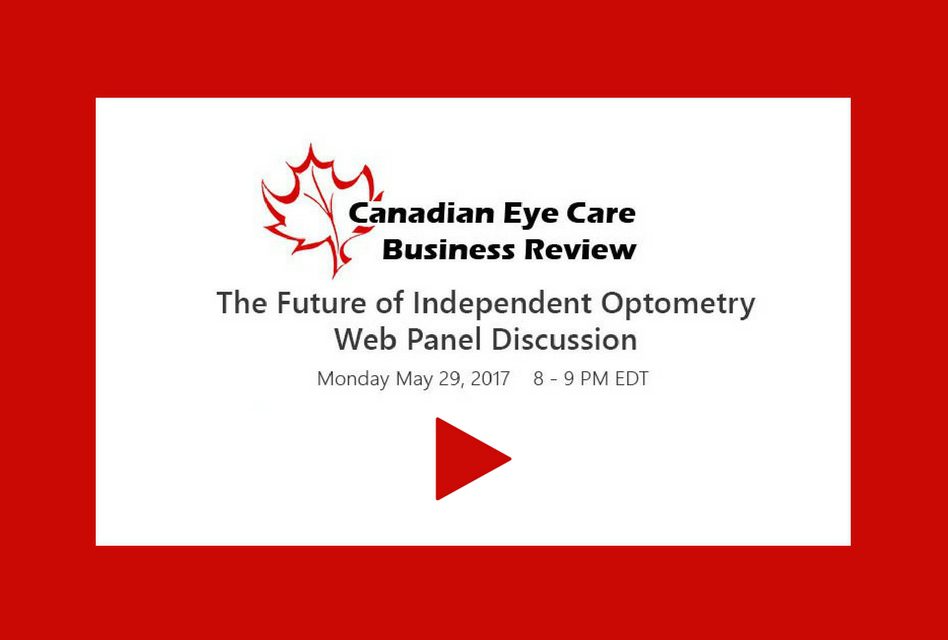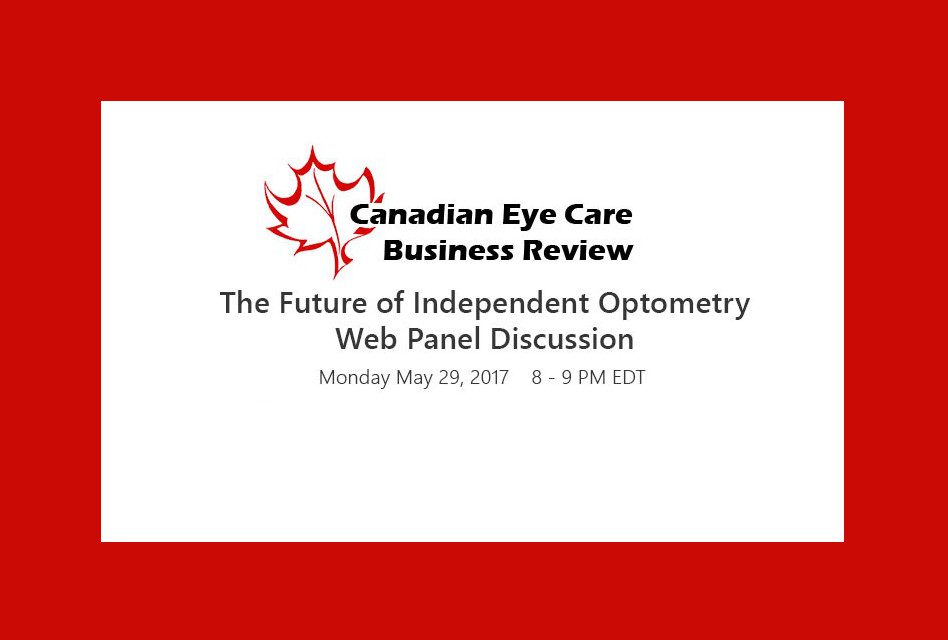
Whether you’re a first-year student or gearing up for graduation, you’re about to shape the future of independent optometry – and we’ve got your back every step of the way!
Imagine diving into clinical practice with the guidance of our stellar mentorship program. Our vibrant community of independent optometrists is eager to help you succeed, whether you’re passionate about tackling dry eye treatments, mastering myopia management, or delving into the world of vision therapy and aesthetics. With our connections, you’ll have the keys to unlocking exciting opportunities!
But that’s not all – our mentorship initiatives aren’t just about advice; they’re about exploring YOUR purpose through delivering invaluable personal testimony and opening doors to potential partnership opportunities, giving you a head start in your professional journey. With our network of industry pros and collaborators, you’ll build lasting connections and fuel the future of independent optometry.
Ready to hit the ground running as a new grad? We’ve got you covered with top-notch training and career development opportunities. Score scholarships, grants, and access to job opportunities, internships, residencies, and summer gigs within our network.
And here’s the best part: We understand that finances can be a hurdle, so we’re offering signing bonuses of up to $25,000 for grads who join an existing Eye Recommend practice or kickstart their own journey after graduation!
Don’t miss out on this incredible opportunity to dive into the world of independent optometry with a supportive community behind you. Want to learn more? Check out all the amazing things Eye Recommend has to offer!
This is a sponsored post.










